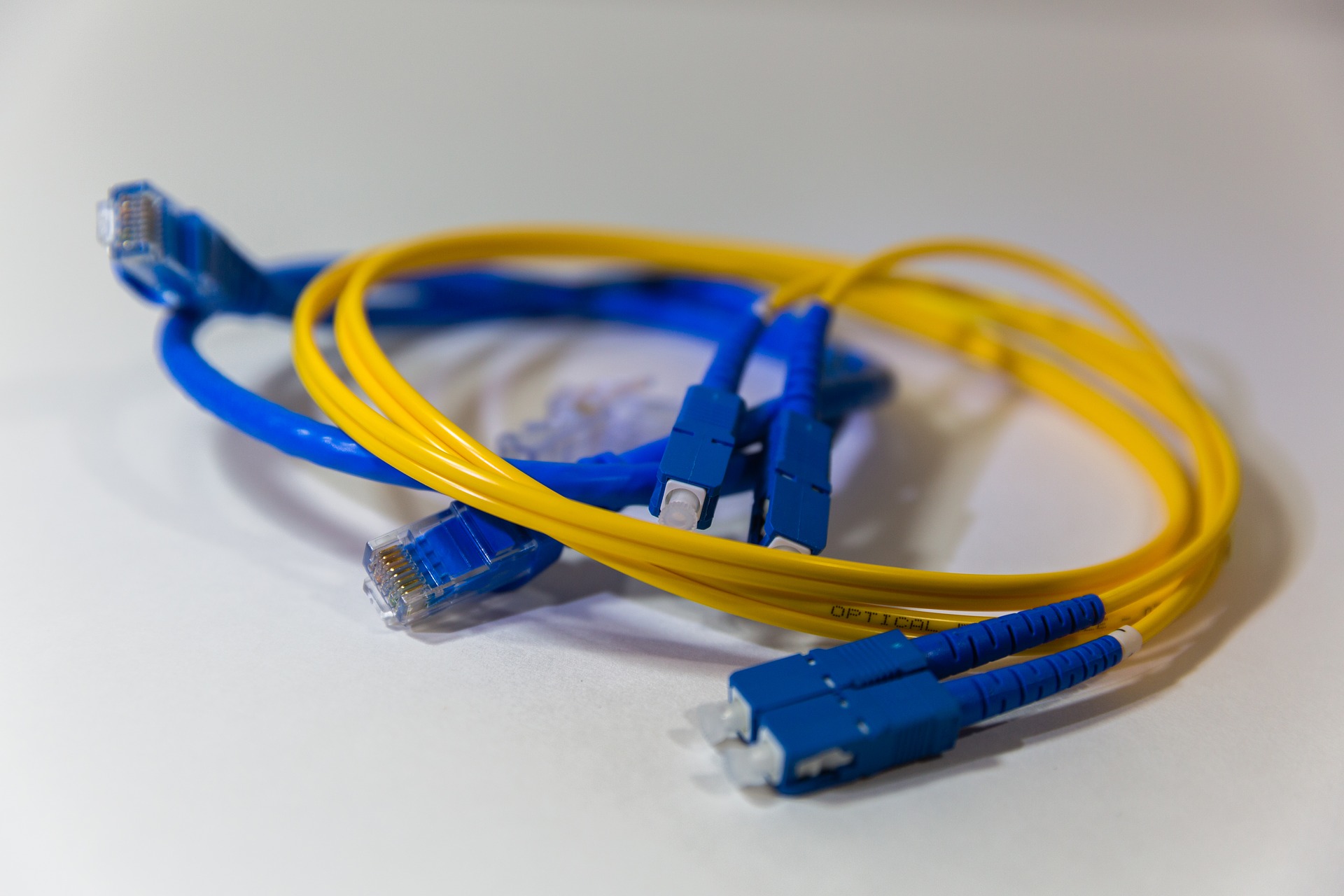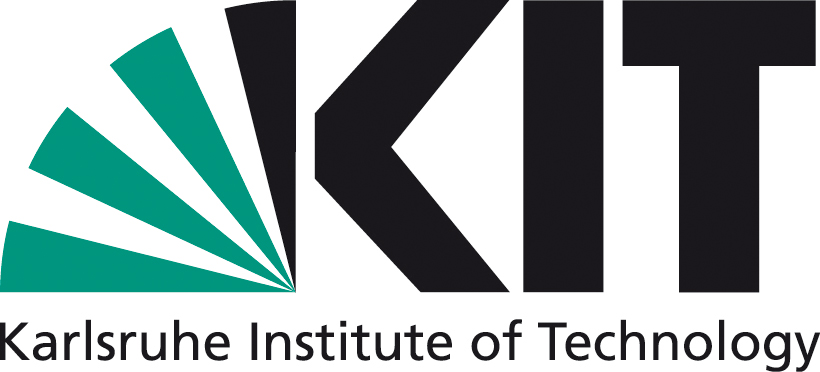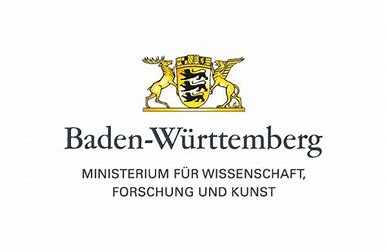
State project bwNET2.0
Research and innovative services for a flexible network in Baden-Württemberg
Motivation
Developments and experiences in recent years (including the pandemic) have clearly shown that the resilient, high-performance, and flexible operation of network infrastructures and network services is of great importance from a social and an economic perspective. This is also true for the scientific sector, both for the network infrastructures that connect the facilities for scientific operations (e.g., BelWü in Baden-Württemberg) and for the networks and network services in the universities and colleges themselves, i.e., campus networks. As a result, the constant availability of networks and network services should be taken for granted today, which emphatically demands robustness and resilience.
At the same time, with the emergence of new applications like Metaverse, creates new challenges, such as the demand for very high data rates with extremely low delays arise, which should be tackled. In addition, new approaches, such as machine learning techniques to improve network performance, are attracting attention on both from the researchers and operations sides, which should be integrated into the networks. Another important dimension of resilience in the new network infrastructure is security, privacy, and data protection. All the abovementioned challenges should be addressed in such a way that a resilient, powerful, and flexible operation in a network should be in hand, which is the main goal of the innovative bwNET2.0 project.
Project goals
By considering all the challenges mentioned, the bwNET2.0 project, which is a continuation of bwNET2020+, aims to adress the following topics:
- Software-based networks
- Autonomous networks
- Intent-based networks
In its wide scope. By achieving these goals, operators of network infrastructures and network services can certainly benefit and integrate them into active network operations. The bwNET2.0 project tries not only to pave the way for resilient, high-performance, and flexible network operation but also to provide individual and secure network services to overcome the challenges of future networks.
Goals Through Working Packages
All the principal goals mentioned are generally achieved through sub-goals that are distributed within different packages.
Having a robust monitoring module is one of the main pillars of bwNET2.0 as an enabler for moving toward having intelligent networks through collecting and analyzing data. Attack detection as quickly and reliably as possible and containing them in such a way that both the network infrastructure itself and the services offered via it remain operational as long as possible is another level of security to be achieved in bwNET2.0.
The Network Softwarization and Intelligent Traffic Control, in which the IDSS group is involved, focuses on improving the flexibility and performance of network infrastructure and network services. Softwarization methods will be developed for the decoupling of the software (protocols and services) implemented in the network from the hardware, using various techniques such as SDN (Software-Defined Networking), NFV (Network Function Virtualization), and SFC (Service Function Chaining).
In the area of traffic control part, efficient traffic control mechanisms will be developed to enhance performance and flexibility. In this manner, the data flows must be controlled appropriately so as not to overload individual network areas and ultimately reduce the communication quality experienced by end users. As a result, intelligent traffic control methods will respond flexibly to the constantly new and rapidly changing requirements of applications. Particularly demanding are adjustments of routes and network topology on an average time scale of minutes to days, as well as control at the packet-level on a short time scale of a few round-trip times. On the other hand, for network administrators, including those in academic and campus networks, the systematic and proactive identification and elimination of bottlenecks in the network is another major challenge.
Flexible network access, in which IDSS is also involved makes only those services in the network accessible to the user and his terminal device that they currently require, which is another important aspect of the project that will aim for a higher user experience for the clients. Finally, technology scouting will be active throughout the entire project duration to analyze new hardware or software technologies from partly competing manufacturers that are not yet common in the mass market.
Status
Ongoing project 04/2024 — 04/2028.
Project partners





Further information

The project is funded by
The bwNET2.0 project is funded by the Ministry of Science, Research and Art (MWK) Baden-Württemberg
Contact
Project manager
Prof. Dr. rer. nat. Oliver Waldhorst
Phone: +49 (0)721 925-1474
oliver.waldhorst@h-ka.de
